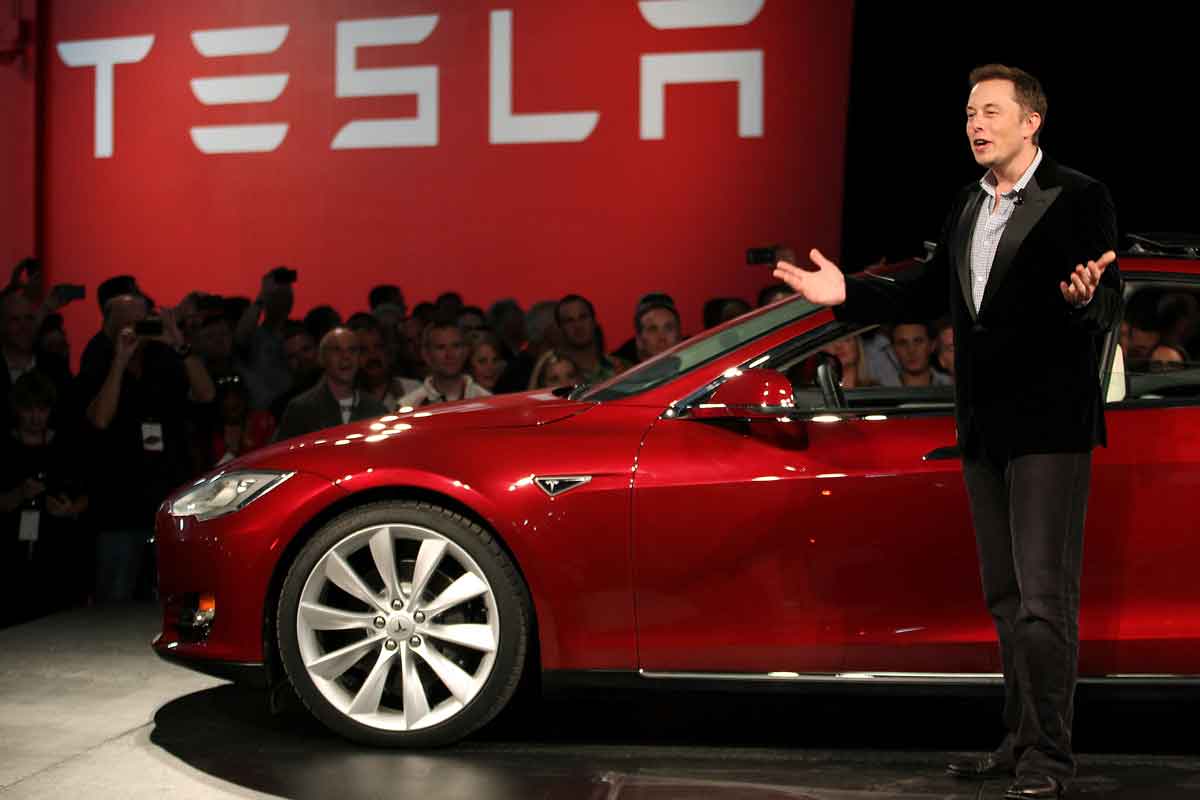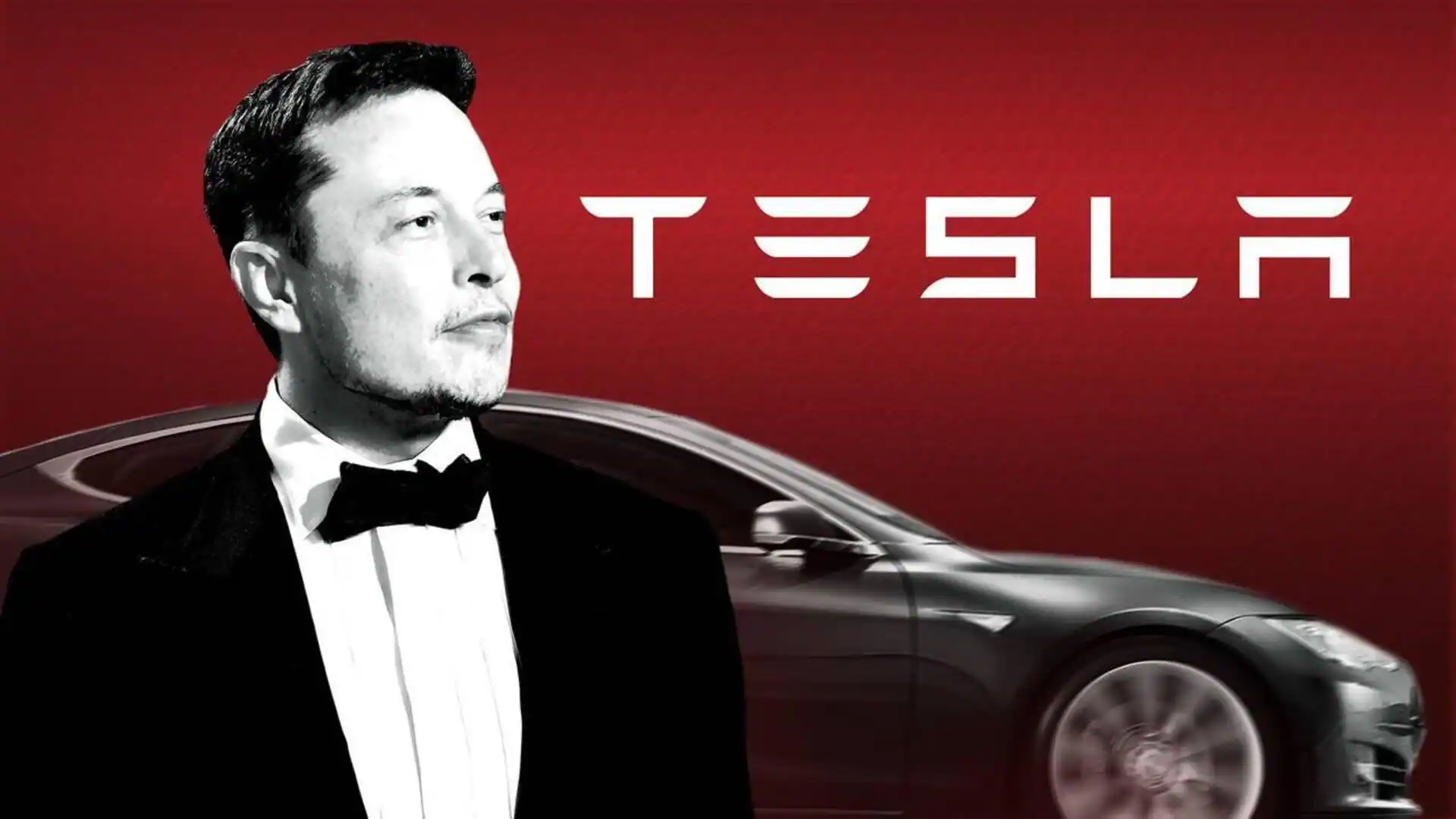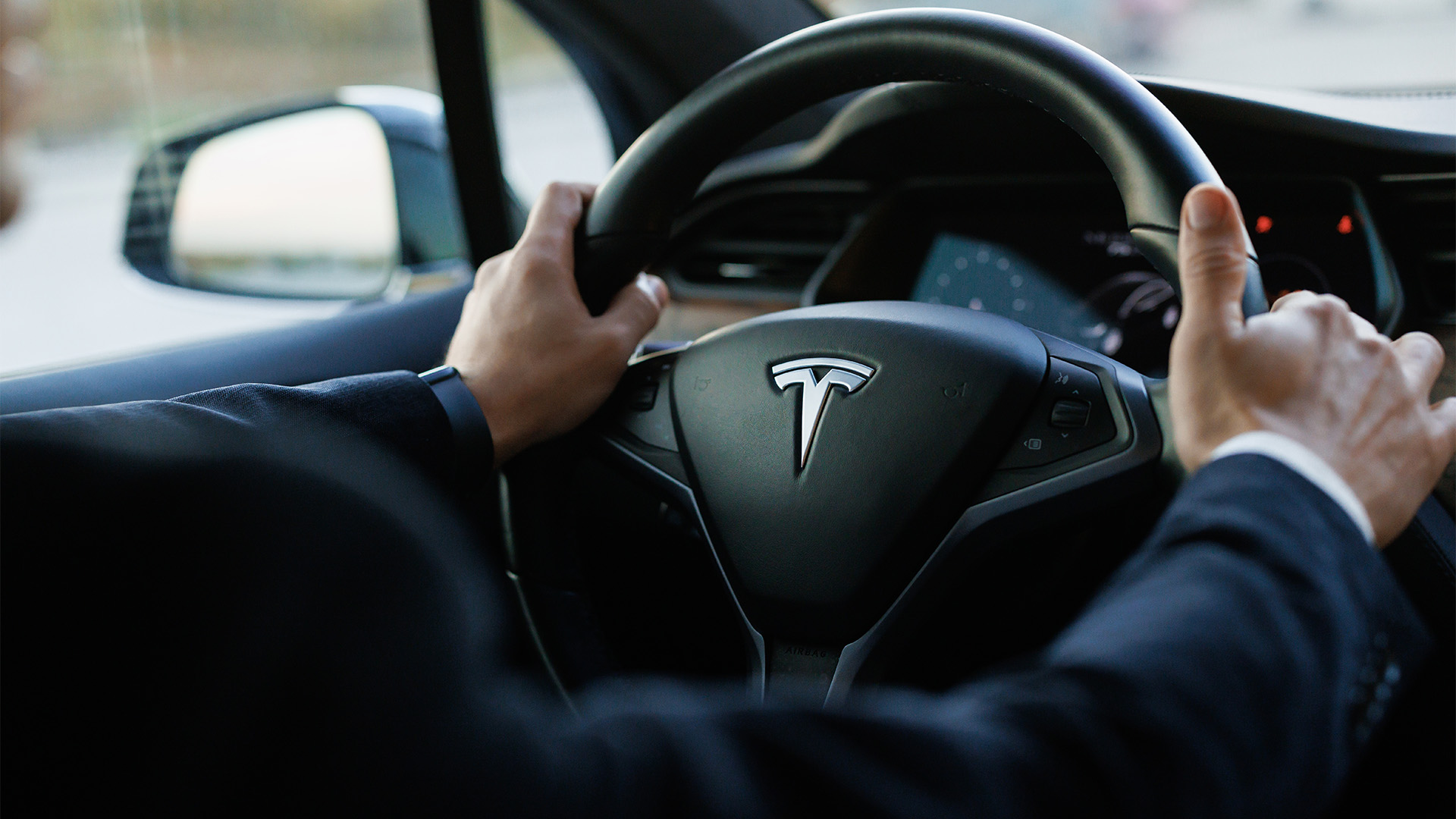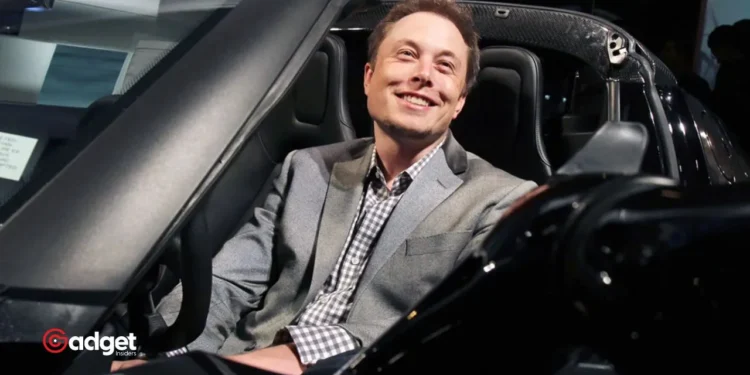Elon Musk, the visionary CEO behind Tesla, has made headlines again with a bold ultimatum that could reshape the future of the company. Elon Musk has set a clear and controversial condition: unless he secures 25% control of Tesla, he may cease the development of AI and robotics within the company.
This demand underscores his belief that Tesla’s valuation hinges significantly on its advancements in AI and robotics, particularly self-driving technology.

A Strategic Maneuver Amidst Corporate Drama
In a recent dramatic revelation on the social media platform X, Elon Musk confirmed what many had speculated was a hardline stance to consolidate more power within Tesla.
His post outlined a quid pro quo: if he gains 25% voting power, ensures the reincorporation of Tesla in Texas, and his 2018 compensation package is reapproved, then he will continue to drive the AI and robotics agenda within the company.
These conditions set a stark pathway that Tesla might need to follow to maintain its innovative edge and market dominance. Elon Musk’s current stake stands at approximately 13%, with the potential to increase to around 18% should he offload some shares to cover tax liabilities from his 2018 compensation plan.
Achieving the 25% threshold would likely necessitate a substantial new compensation deal or a restructuring of Tesla’s stock classifications—moves that would not only solidify Musk’s control but also significantly alter the corporate governance landscape of the company.

Tesla Without AI? A Question of Value
Elon Musk has not minced words about the integral role of AI in Tesla’s valuation. In his view, without its pioneering self-driving technology, Tesla’s worth is markedly diminished. This assertion has put immense pressure on the company’s board and shareholders, especially following Elon Musk’s strategic divestiture of Tesla stock to finance his acquisition of Twitter.
The cancellation of a more affordable Tesla model in favor of the upcoming Robotaxi is a testament to Elon Musk’s focused vision for an AI-centric Tesla. However, this focus comes with high stakes, as Musk expresses discomfort in continuing AI development without increased control, highlighting a significant corporate governance clash.
Legal and Ethical Implications of Elon Musk’s Ultimatum
This situation presents a peculiar scenario where the CEO of a major publicly traded company openly threatens to pivot crucial technological developments unless his demands for greater control are met. The legal ramifications of such a threat are complex.
Furthermore, a previous judicial ruling rescinding Elon Musk’s 2018 compensation package due to his undue influence on the board now casts a shadow over the current dynamics within Tesla’s leadership.
Electrek, a publication following electric transport news, criticizes the board’s passive response to Elon Musk’s aggressive tactics, suggesting that it reinforces judicial concerns about Musk’s influence. The publication’s take underscores a broader dilemma about the balance of power, shareholder rights, and the ethical responsibilities of corporate governance.

What Lies Ahead for Tesla?
As this corporate drama unfolds, the future of AI and robotics at Tesla hangs in the balance. Stakeholders are left to ponder the implications of Elon Musk’s demands: Is Tesla’s innovative potential contingent on one man’s vision and control?
Or can the company navigate a path that safeguards its technological ambitions without succumbing to the whims of its influential CEO?
This development is more than just a corporate power struggle; it’s a pivotal moment that could define the trajectory of one of the most watched companies in the world today. As Tesla faces this crossroads, the decisions made now could very well determine its role in shaping the future of transportation and technology.










